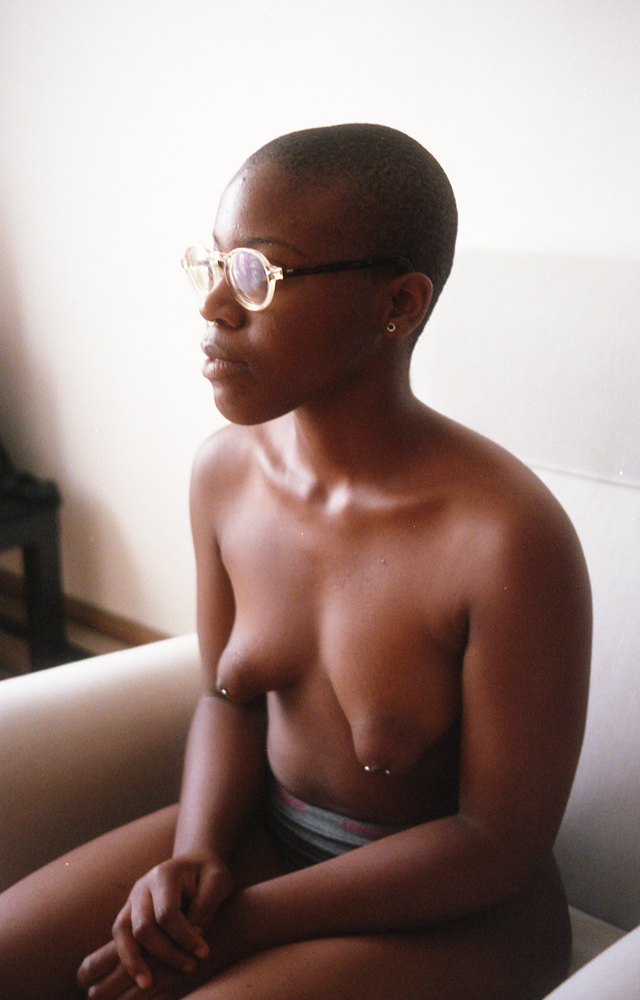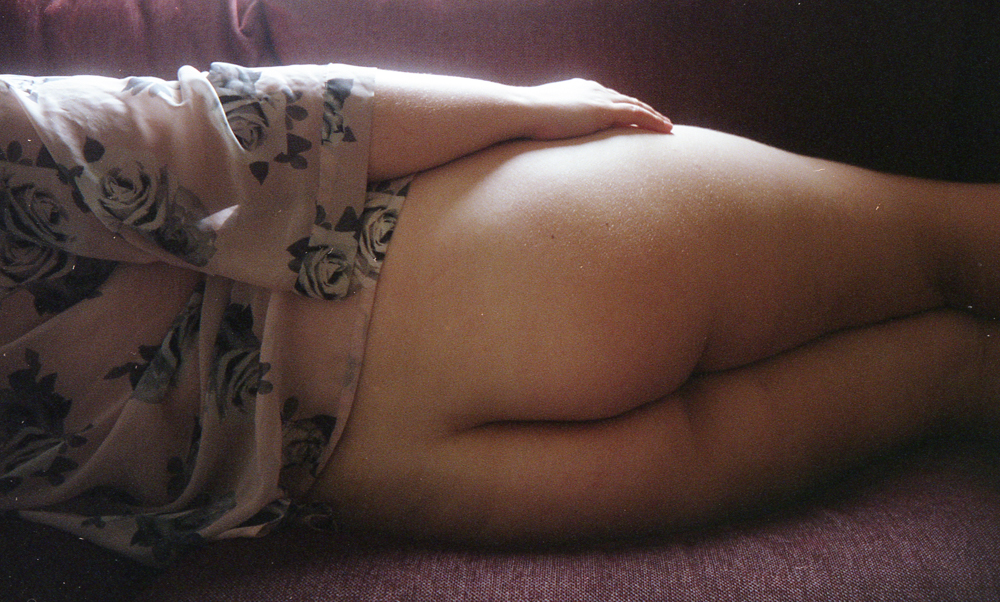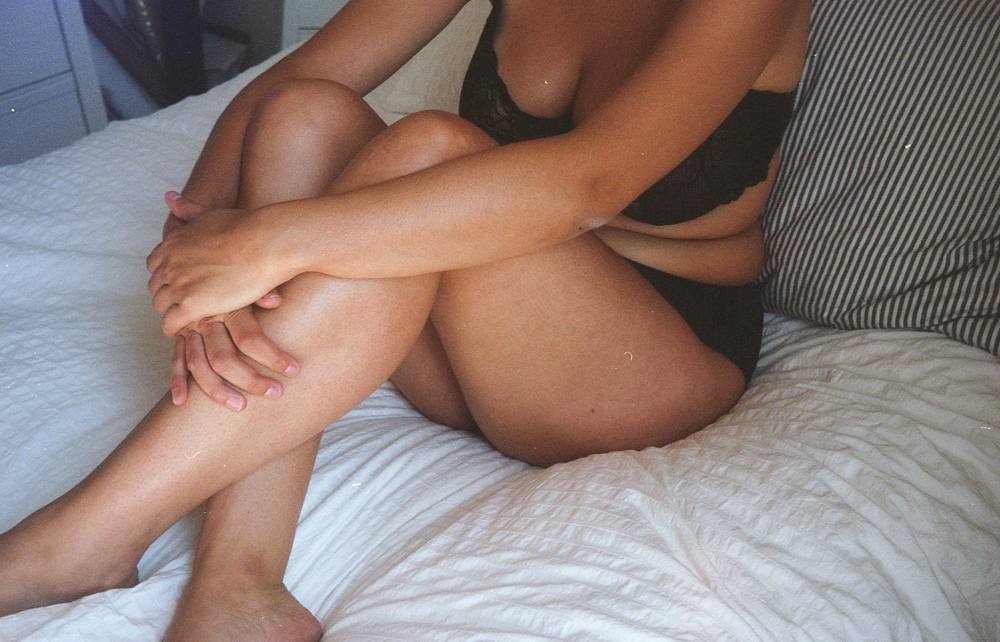They say the best things come in pairs, which couldn’t be truer for creative collaborators Sara Hini and Cassandra Cacheiro. Sara — who was born in Algeria, but moved to Montreal at a young age — always felt like the odd one out. With her darker skin and frizzy hair, she stood out from the rest of the girls at school, which is something Cassandra could relate to, having been bullied about her weight since she was just a kid. But after a chance meeting at a party, the pair decided to tackle these problems head on, which is why they set up The Womanhood Project — an online platform that invites a diverse cast of women to share their personal stories to women around the world.
The Womanhood Project offers women a safe space to come together and open up about topics such as gender, sexuality, motherhood, abuse, mental health, abortion, menstruation, body hair, and much more. With the future of women’s rights growing more and more unstable, now has never been a better time for us to unite. Here we meet the dynamic duo to talk the realities of sexism, the future of feminism, and what it means to be a woman in 2017.
New Genuary: Take a look at the talented, up-and-coming photographers we’ve been spotlighting all January.

What’s the story behind Womanhood?
Sara: The more I got into photography and body positivity the more I realized there were still so many taboos left. Lots of issues were being discussed, but nothing much was being done in terms of photography. We find the girls, Cassandra does the pictures, I do the creative direction, and we ask a lot questions to guide the interview. It’s a really natural process — we do what we’re good at. Cassandra has a deep sincerity and kindness when it comes to taking pictures of naked women, which is so important when women are being so open and vulnerable with us.
What are you looking for in a woman?
Cassandra: The day we announced on social media that we were looking for women to talk about their personal issues and to be photographed in an intimate setting, we never thought so many women would be interested. At the beginning we chose about 20 girls to be part of the project. We knew that they’d have a story to share and that the project was meant for them. We were also looking for diversity of all ages, colors, and lifestyles.
Why is it so important in this day and age to give visibility to such a diverse range of women?
Sara: It’s the only way to slowly change how we perceive women and ourselves. We are so deeply conditioned to a certain type of image. We need to keep a critical mind towards this and produce more content that goes beyond and challenges those paradigms.
Cassandra: I’ve never understood why the media only showed one type of women. There needs to be a change with that and it’s slowly happening. We want to be a part of that change.

Is there a danger of enforcing a separatist notion of woman as being intrinsically different to men?
Cassandra: Yes, which would defeat the purpose of what women have been fighting for, for years. Feminism means equality of the sexes, not women being superior to men. That’s what a lot of people don’t understand with feminism. Men sometimes see feminism as a threat, but it really isn’t. I think the word and definition of feminism is way too often misunderstood.
Feminism is becoming a part of the cultural conversation in a way it’s never been before. Why do you think this is?
Sara: In this digital age, we are aware of world events more than ever. The female condition always has been and still is an extremely important issue — it will keep going. The more women speak their minds and claim their place in society, the more we will talk about them. Other woman will want to follow this example.
Is there a danger of it being reduced to a trend? Something that large brands can exploit?
Cassandra: I do feel like some brands are beginning to use feminism as a trend. As long as it’s well used and promoted, I mean, it’s still not a bad trend to have. Companies and brands just need to be clear about their message and stick to what feminism really is. I just hope that people who do discover feminism through large brands can really dig into it and realize that it’s not a trend, it’s a way of life.

Credits
Text Tish Weinstock
